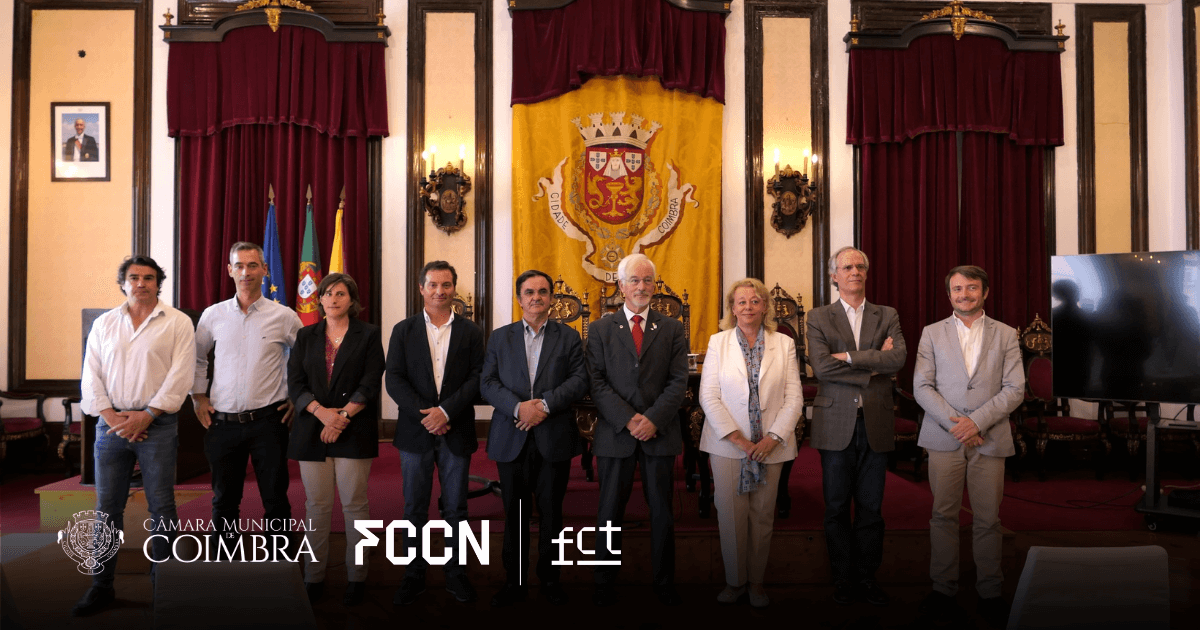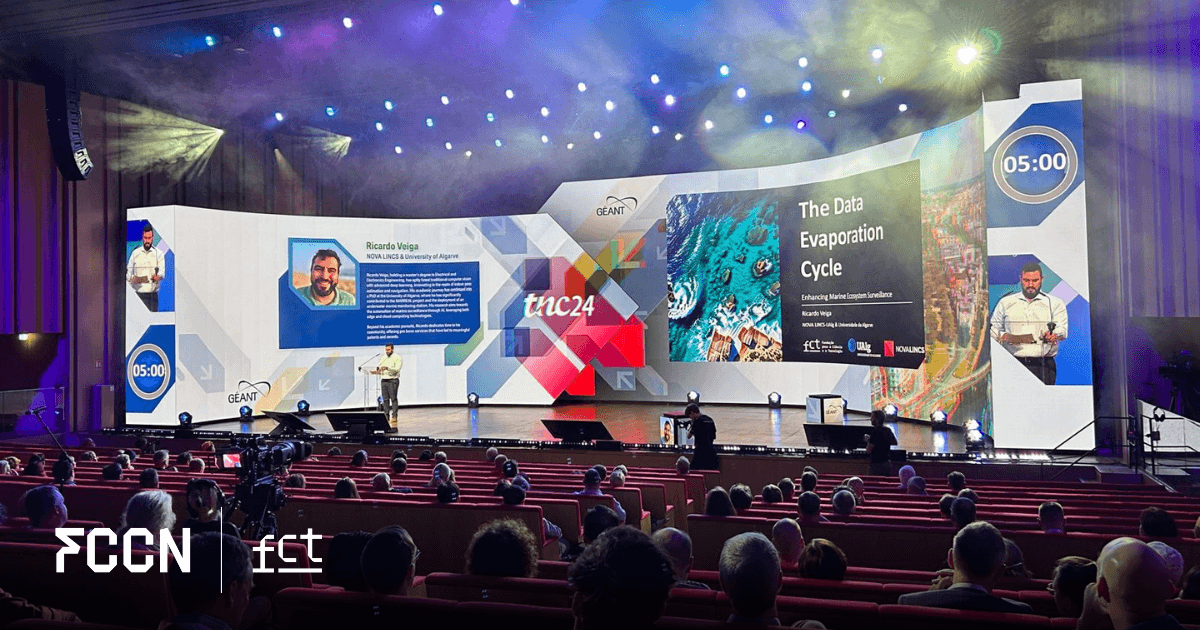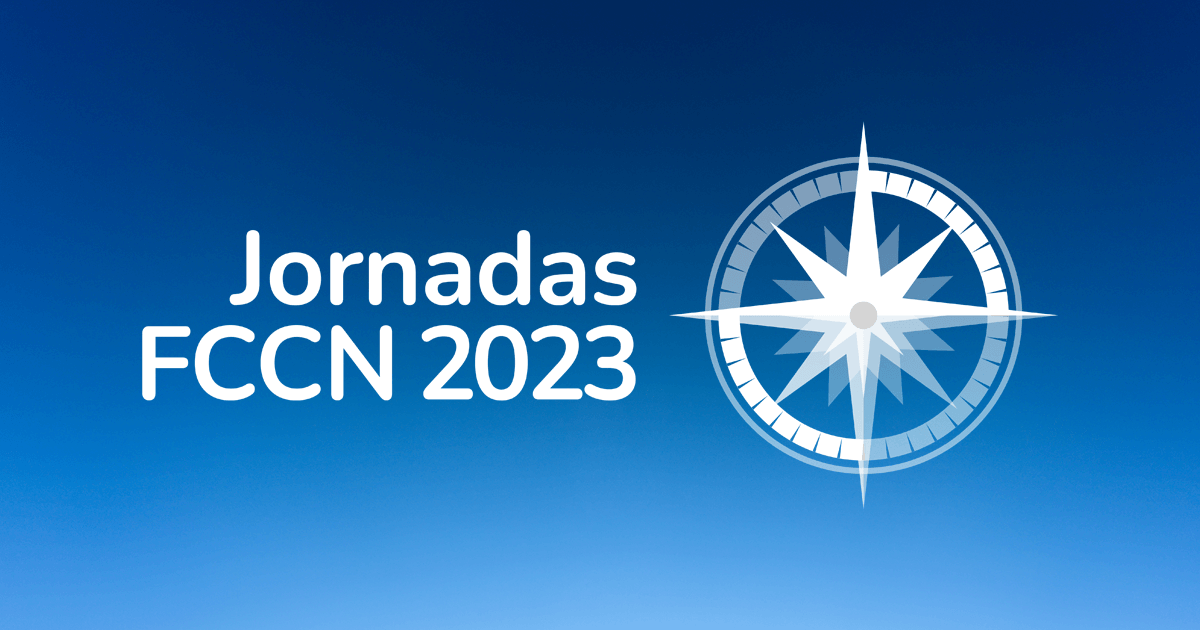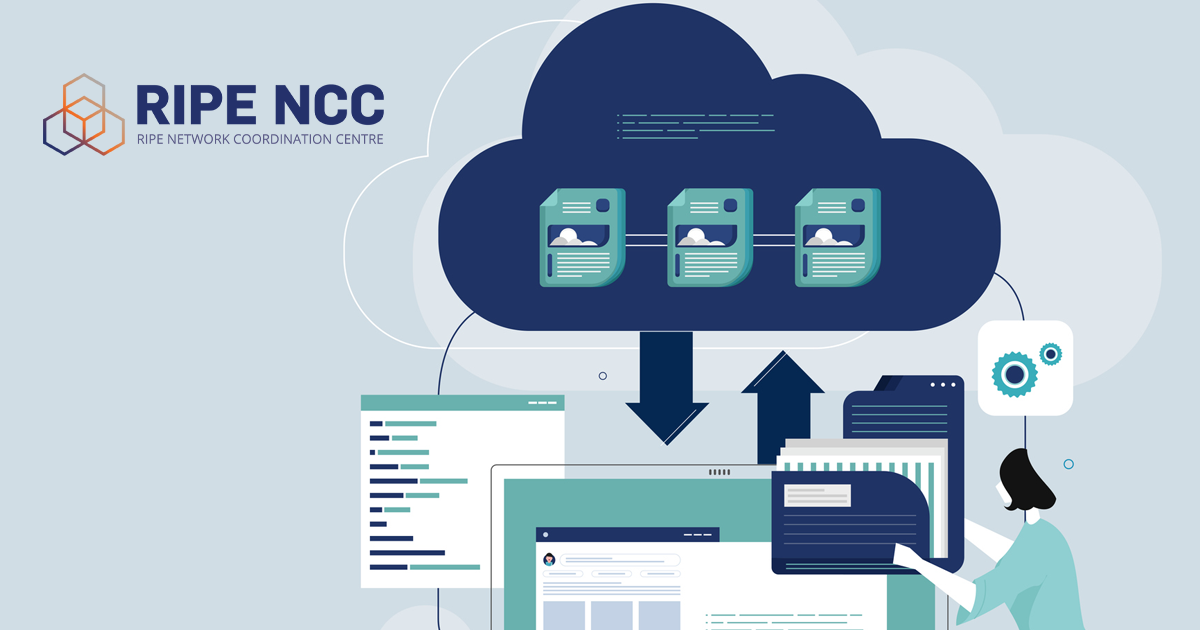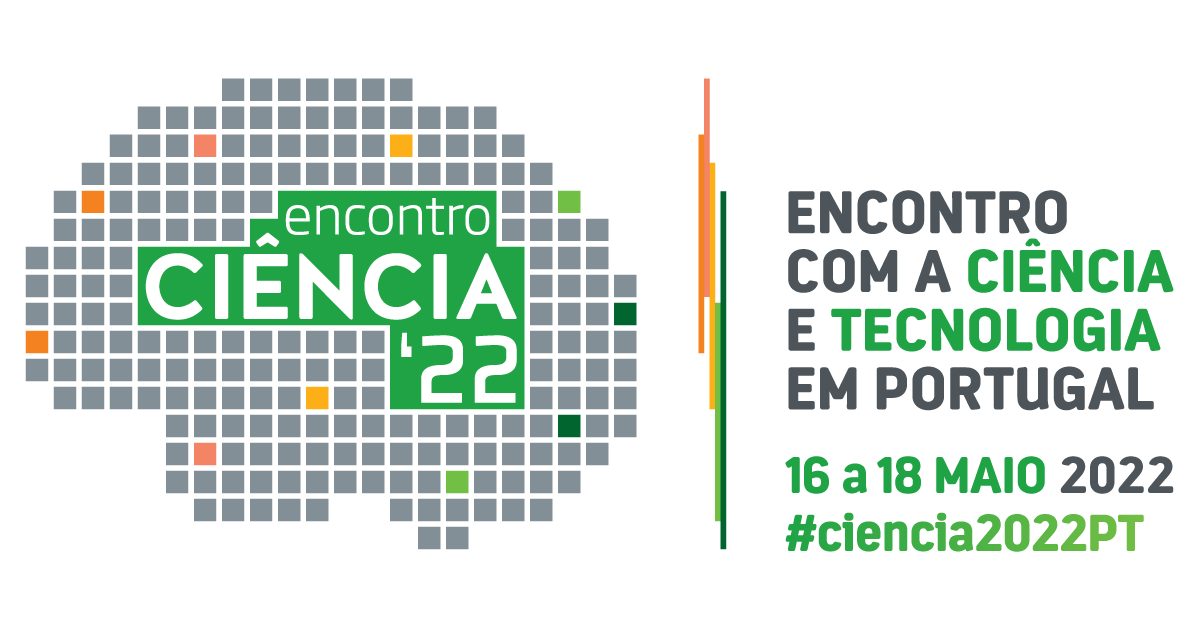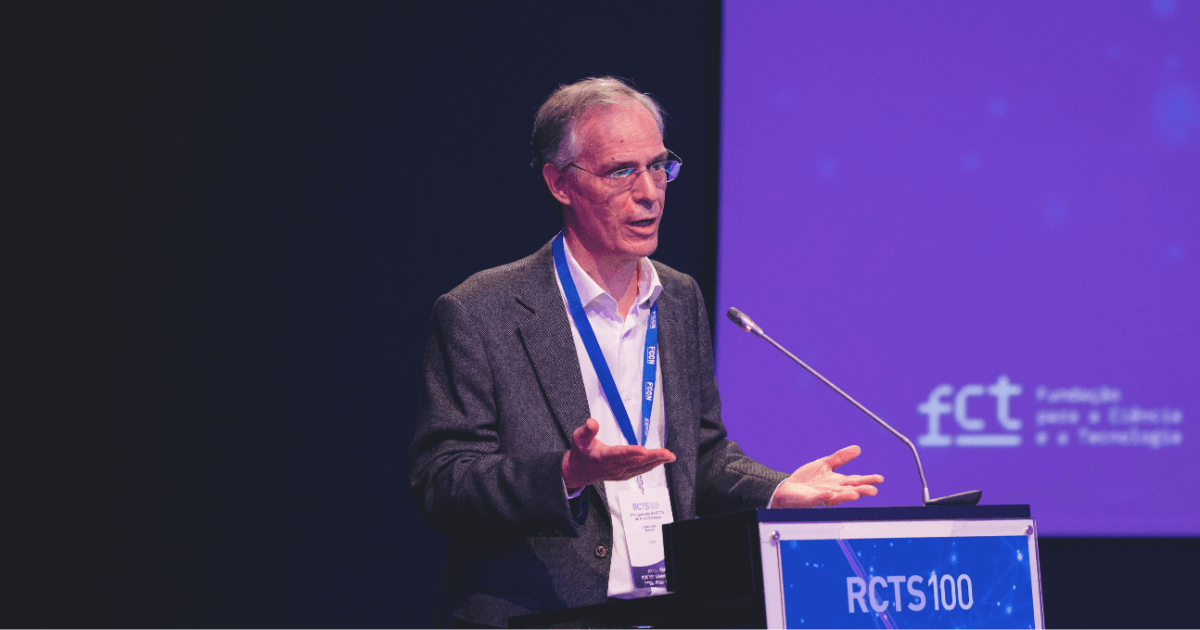

Networks play a fundamental role in science and academia. They connect teaching and research institutions, also providing advanced digital services that help researchers and students develop research and integrate networks or access international resources.
Portugal recently completed a process of requalification, updating and increasing the capacity of its national research and education network, which is managed by FCCN, unit of Foundation for Science and Technology (FCT).
The RCTS100 project, launched last February, had the main objectives of eliminating the digital inequalities that still existed between entities on the coast and inland areas of mainland Portugal, replacing the previous 10Gb/s technology with 100Gb/s technology, improving network redundancy and resilience, and developing and improving the various digital services provided over the network. With a total investment of €17.2 million, €13 million of which came from the European Regional Development Fund (ERDF), it was an ambitious plan with demanding challenges.
During this period, we experienced the pandemic, in which, simultaneously, digital networks stood out in supporting the economy and social contacts, but in which there were also serious disruptions in the supply of equipment and significant increases in costs.
One of the main changes implemented by the RCTS100 project was the inclusion of improvements in the local networks of nine higher education institutions in the interior of the country. This was an innovative process, involving close collaboration with these institutions, and it fully achieved its objectives. It was thus possible to remove several obstacles so that the network's new potential could be fully utilized.
At the international level, the implementation of RCTS100 coincided with a project to improve the European network GÉANT and with the arrival of the EllaLink submarine cable to Portugal, connecting Brazil. This provided all national entities with optimal communications conditions with their European and Latin American counterparts.
With this project, the national research and education network became a world-class network, enabling researchers and the higher education community to access, without capacity constraints, the information flows required for their work processes. Services were improved or new, particularly in support of science management and open science.
The future will involve the construction of a science data center in the northern region. It will also be necessary to seek ways to improve connections with the autonomous regions, the final barrier to overcome in eliminating digital inequalities in the science and education network managed by the FCCN.





